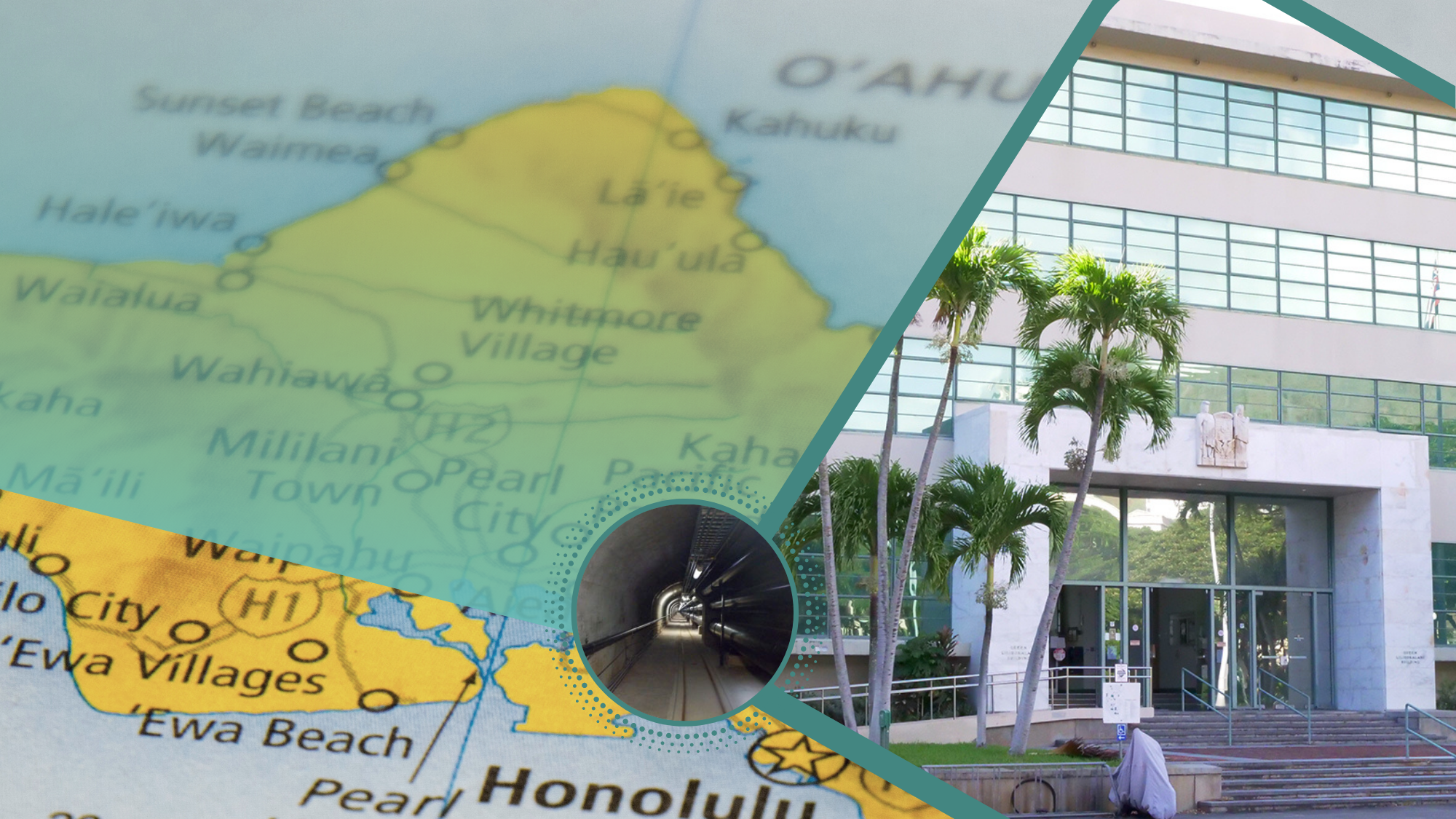The board heeds HSTA, community calls for a stronger statement
Posted: February 17, 2022
The Hawaii Board of Education postponed action Thursday on a resolution to address the water contamination crisis caused by the U.S. Navy’s Red Hill fuel tanks, promising a “stronger” proposal in a couple of weeks’ time in response to requests for tougher language from the Hawaii State Teachers Association and other organizations.
The initial proposed resolution called on the board to:
- Urge “all parties to work together to find effective and expeditious solutions to protect the state’s most precious resources, clean water, its people, and most importantly its future, our children,”
- Request “that the DOH, U.S. Environmental Protection Agency (“EPA”), Honolulu Board of Water Supply (“BWS”), and DoD keep the public informed about the status and timeline for resolution of the contamination,”
- Direct “the DOE to keep the Board apprised of the situation and effects of the contamination on students and staff,” and
- Direct “the Board Chairperson to transmit this resolution to the DOH, EPA, BWS, DoD, and DOE.”
However, several board members and testifiers, including HSTA President Osa Tui, Jr., expressed the need for stronger language and action to properly address the issue.
In his written testimony, Tui urged “a stronger call to action for the facility to be decommissioned as soon as possible,” Tui testified. “This is truly the only ‘effective and expeditious’ solution to protect Hawaii’s most precious resources.”
The board took up the issue in response to a request Tui made of BOE Chair Catherine Payne.
The Sierra Club of Hawaii also urged stronger action to address an unprecedented situation.
“It’s going to take pretty much all of Hawaii to be engaged and to stand together to ask for and demand intervention that’s necessary to deal with not just the current crisis, but the potential existential catastrophe that we may be facing,” said Sierra Club of Hawaii Director Wayne Tanaka. “What we’re doing right now, it’s a drop in the bucket compared to what we may be facing if we see just a fraction of the fuel from one of these tanks released into the environment, into the aquifer. This is going to impact every aspect of life in Hawaii. It’s going to impact everyone here.
Tanaka continued, “I really would encourage the board to please consider some of the additional clauses that we’re working on for inclusion in this resolution, which will kind of express a stronger stance in recognition of the findings from the Department of Health and Board of Water Supply that this really is a imminent peril, totality of life here.”
Board member Lyla Berg echoed the need for stronger language. “Consider that it’s not just strongly urging the parties to work together, but it is also supporting and endorsing the statements by the governor, by the Board of Water Supply, by the Department of Health, by our congressional delegation to request decommissioning of the tanks. You know, one of the things sometimes is we’re a little skittish to put that kind of strong language in, but they have called for that, and I believe as a state representative of the state department, we should stand in solidarity with them.”
Board member Lynn Fallin suggested adding a statement on compensation and reimbursement by the Department of Defense for resources and costs incurred by those affected. Interim Schools Superintendent Keith Hayashi told the board the Hawaii State Department of Education submitted for reimbursement from the federal government, but said he did not “know any particular responses that we received.”
Board Chair Payne attended a virtual forum organized by the HSTA in January to learn more about the issue and the tanks’ negative impact on schools, staff, and students. At the forum, teachers explained their students were frequently late, showing up to school in their pajamas, without having had breakfast, and had meltdowns in class. Without a steady source of clean water, schools and educators had to purchase their own water — along with hand sanitizer, and baby wipes — and monitor their students’ usage.
The forum was organized after HSTA’s Board of Directors unanimously voted to support the closure of the Navy’s Red Hill fuel storage facility.
Payne promised, “We’re going to bring it up next two weeks at our meeting on March 3, and we will have a much stronger resolution for your approval at that time.”

